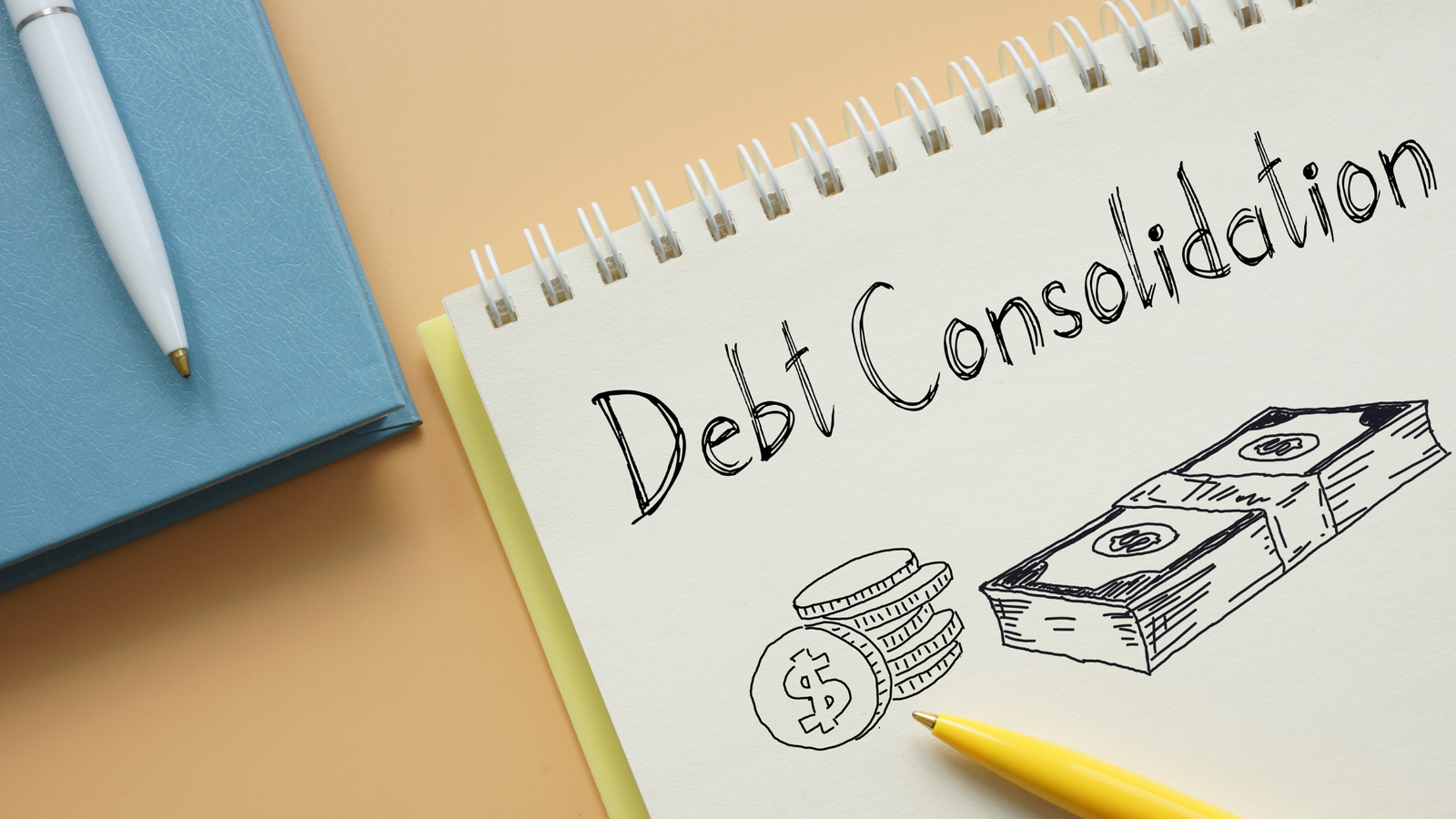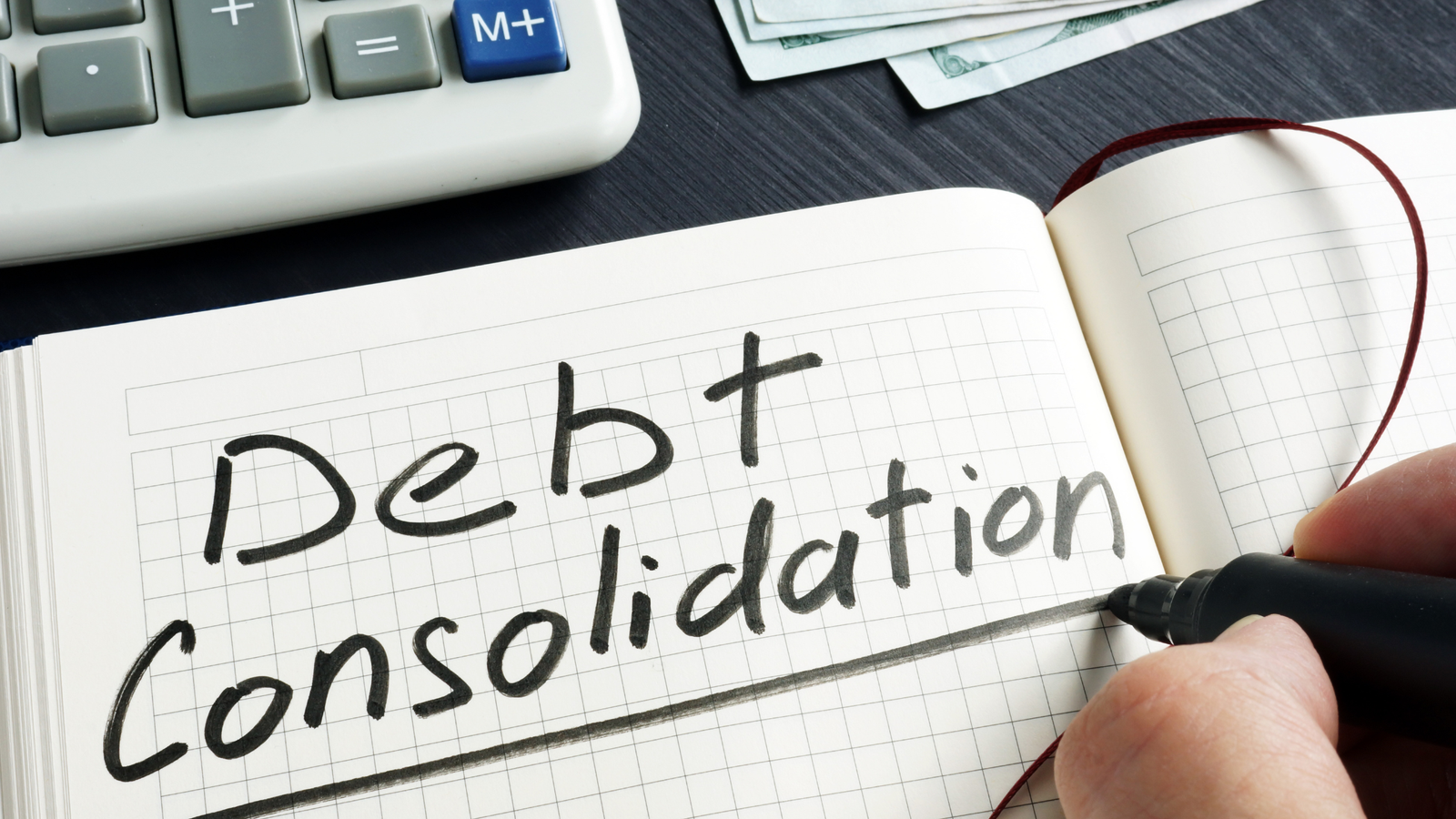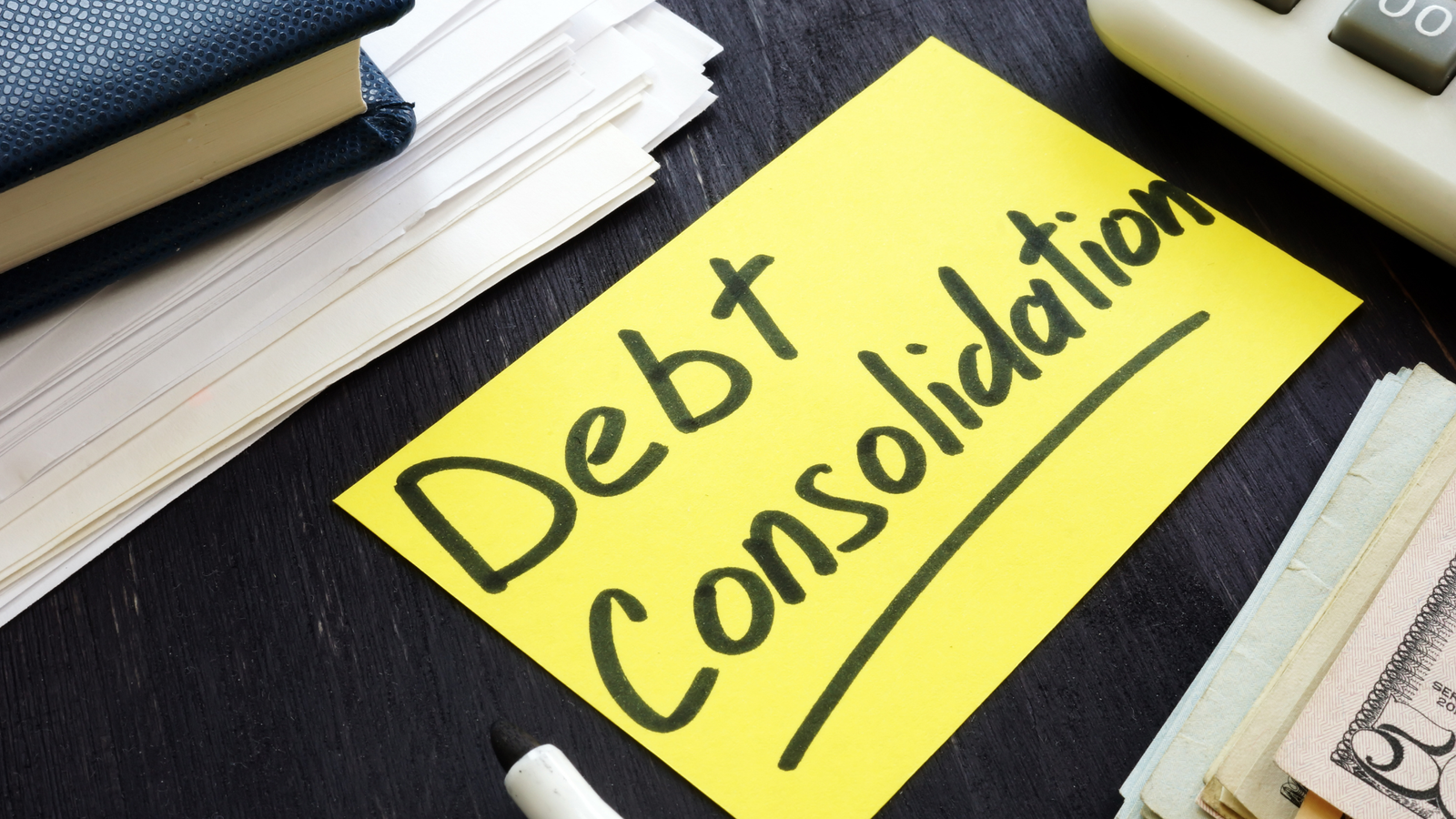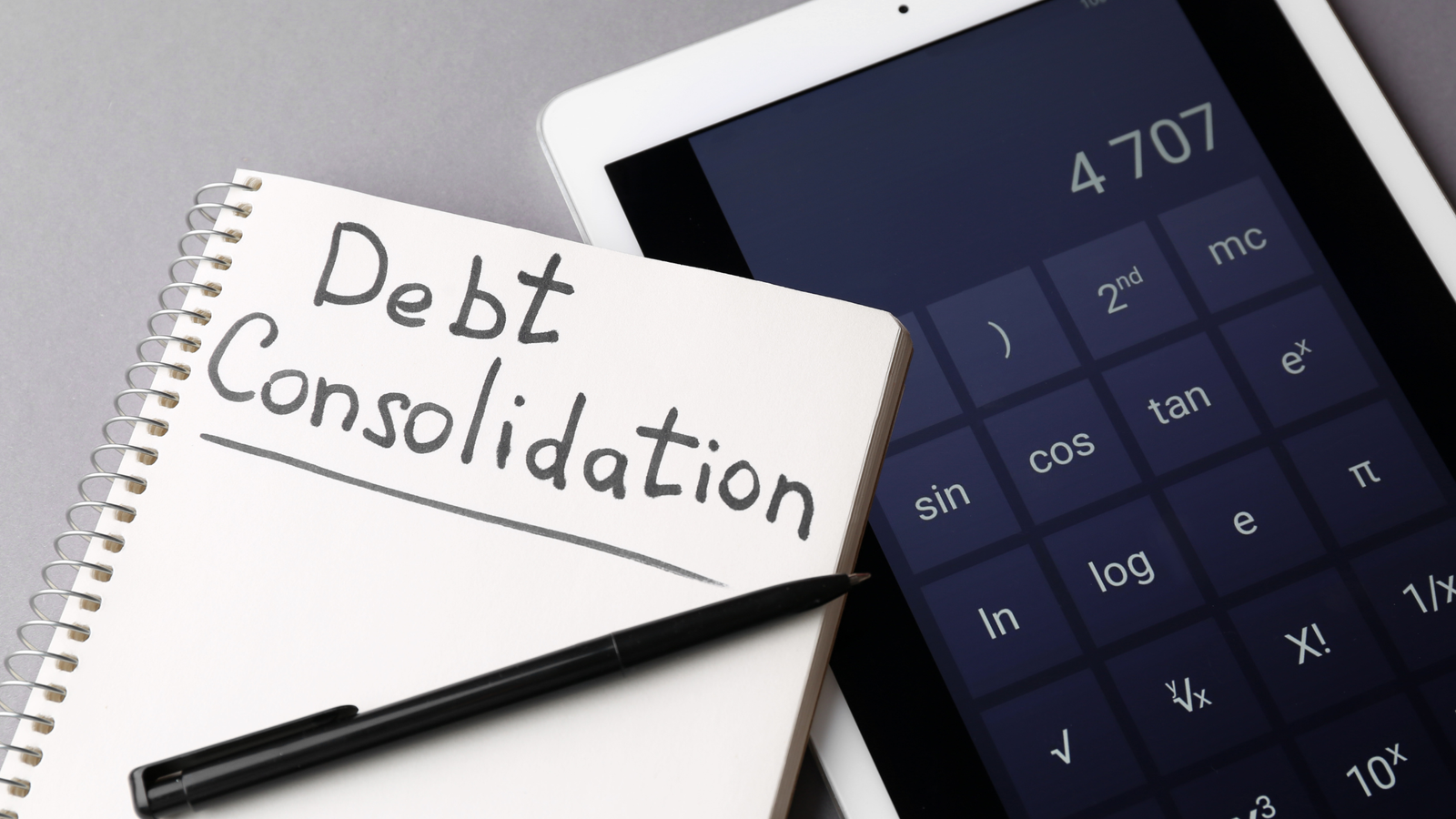Debt consolidation is a financial strategy that can bring relief to those grappling with multiple debts. But, like any financial decision, it’s essential to consider whether it’s the right choice for your specific situation. In this article, we’ll explore the debt consolidation dilemma, helping you determine whether it’s the right path to financial freedom for you.
Understanding Debt Consolidation
Before diving into whether debt consolidation is the right choice for you, let’s refresh our understanding of this financial tool. Debt consolidation involves combining multiple debts into a single, more manageable one. This can be done through various methods, such as a consolidation loan, a debt management plan, or balance transfer credit cards. The primary goals are to streamline your payments, reduce your interest rates, and potentially lower your monthly obligations.
The Pros and Cons of Debt Consolidation
Like any financial decision, debt consolidation has its advantages and disadvantages. Here’s a breakdown:
Pros:
- Simplified Finances: Fewer payments to keep track of, leading to less financial stress.
- Lower Interest Rates: Consolidation often offers lower interest rates, potentially saving you money.
- Reduced Monthly Payments: Extended loan terms can lead to more affordable monthly payments.
- Potential Credit Improvement: Timely payments on a consolidation loan can positively impact your credit score.
Cons:
- May Extend Loan Terms: Some consolidation methods can extend the duration of your debt.
- Possible Fees: Some companies may charge fees, impacting the overall cost.
- Risk of Accumulating More Debt: Debt consolidation can free up available credit on your cards, potentially tempting you to use them again.
Is Debt Consolidation Right for You?
Now that we understand the basics of debt consolidation, let’s delve into the factors that can help you determine if it’s the right path for you:
1. Multiple Debts Are Overwhelming
One of the most significant signs that debt consolidation might be right for you is when you have numerous debts, each with its own interest rate and payment schedule. Juggling multiple debts can be mentally and emotionally taxing, and it’s challenging to make progress when faced with this kind of financial complexity.
2. High-Interest Rates Are Draining Your Finances
High-interest rates on credit cards or loans can be financially draining. If you’re shelling out a substantial amount of your monthly income just to cover interest, it’s time to reconsider your approach. Debt consolidation can provide relief by offering a lower interest rate, reducing your monthly interest payments.
3. Minimum Payments Are a Struggle
If you find it challenging to meet even the minimum payments on your various debts, you’re not alone. Many people face this issue, and it can lead to a downward spiral of debt. Debt consolidation can help by potentially offering lower, more manageable monthly payments.
4. You Seek a Structured Debt Repayment Plan
A structured plan can make it easier to manage and eliminate debt. Debt consolidation provides just that. With a clear, fixed plan, you’ll have a predetermined end date for your debt, allowing you to budget more effectively.
5. Desire to Rebuild Your Credit
Your credit score is a vital aspect of your financial well-being. Late or missed payments can negatively affect your credit. On the other hand, making consistent, on-time payments on a consolidation loan can positively influence your credit rating. If you’re looking to rebuild your credit, debt consolidation might be an excellent choice.
How to Get Started with Debt Consolidation
If you’ve assessed your financial situation and determined that debt consolidation is right for you, here’s how to get started:
- Assess Your Debts: Begin by taking a close look at your financial situation. List all your debts, including interest rates, balances, and minimum payments.
- Choose the Best Method: Decide on the most suitable debt consolidation method for your needs. It might be a consolidation loan, a balance transfer credit card, or a debt management plan.
- Research Lenders or Companies: If you opt for a consolidation loan, research different lenders and their terms. If you prefer professional assistance, look into reputable debt consolidation companies.
- Apply for Consolidation: After selecting your method and lender or company, apply for debt consolidation. If approved, you’ll receive the funds needed to pay off your existing debts.
- Stick to the Plan: The key to successful debt consolidation is to make timely payments on your consolidation loan and avoid accruing new debt. Sticking to your plan will bring you closer to financial freedom.
Conclusion
The debt consolidation dilemma is a common challenge faced by those seeking financial stability. By understanding the signs that indicate debt consolidation is right for you, assessing your financial situation, and taking the necessary steps, you can pave the way for a debt-free future and a more secure financial outlook. Deciding whether debt consolidation is the right choice for you is an essential step towards taking control of your financial future.
Are you ready to compare debt consolidation companies to find one that works for you? Check out our comparison guide covering the best debt consolidation companies.










